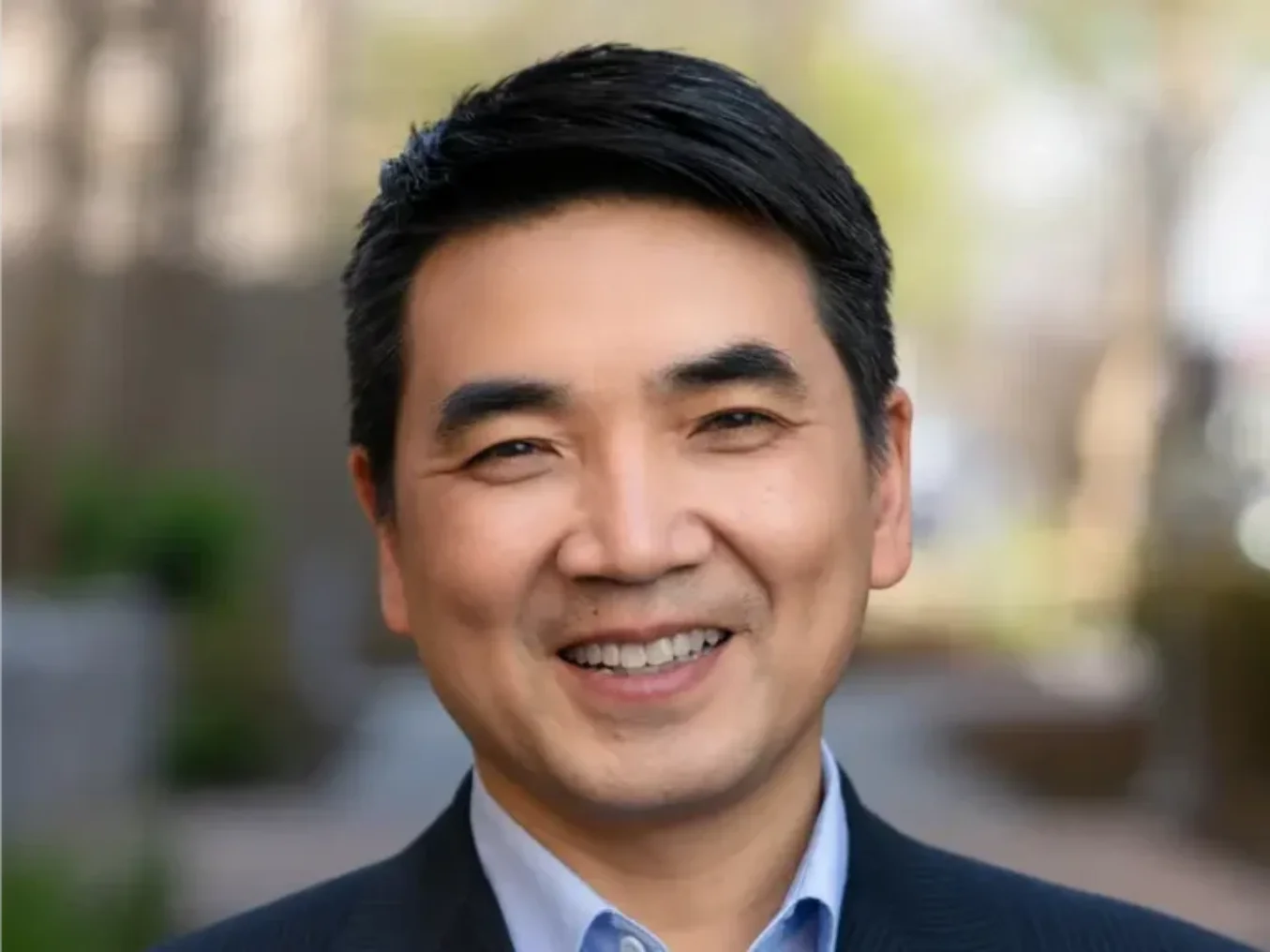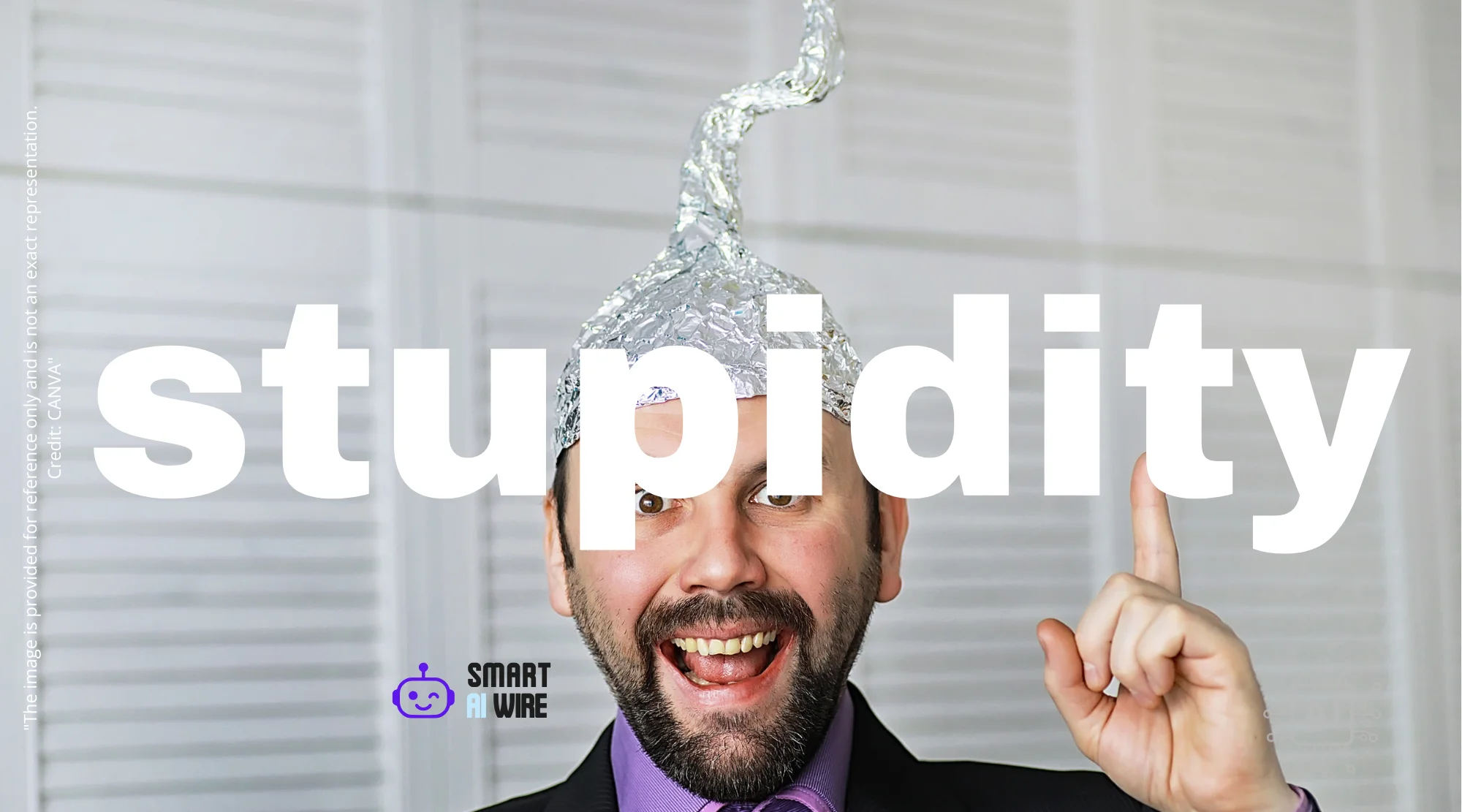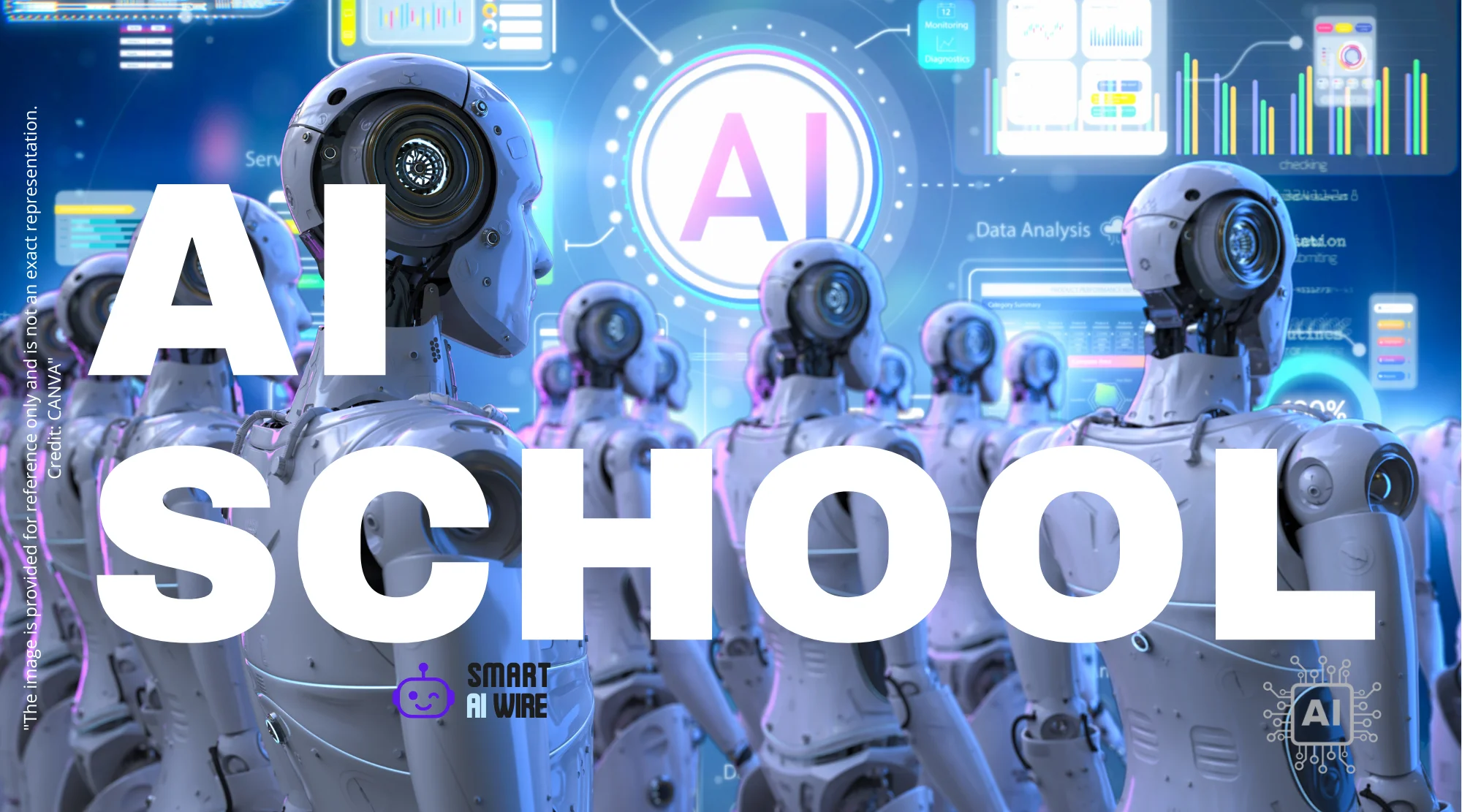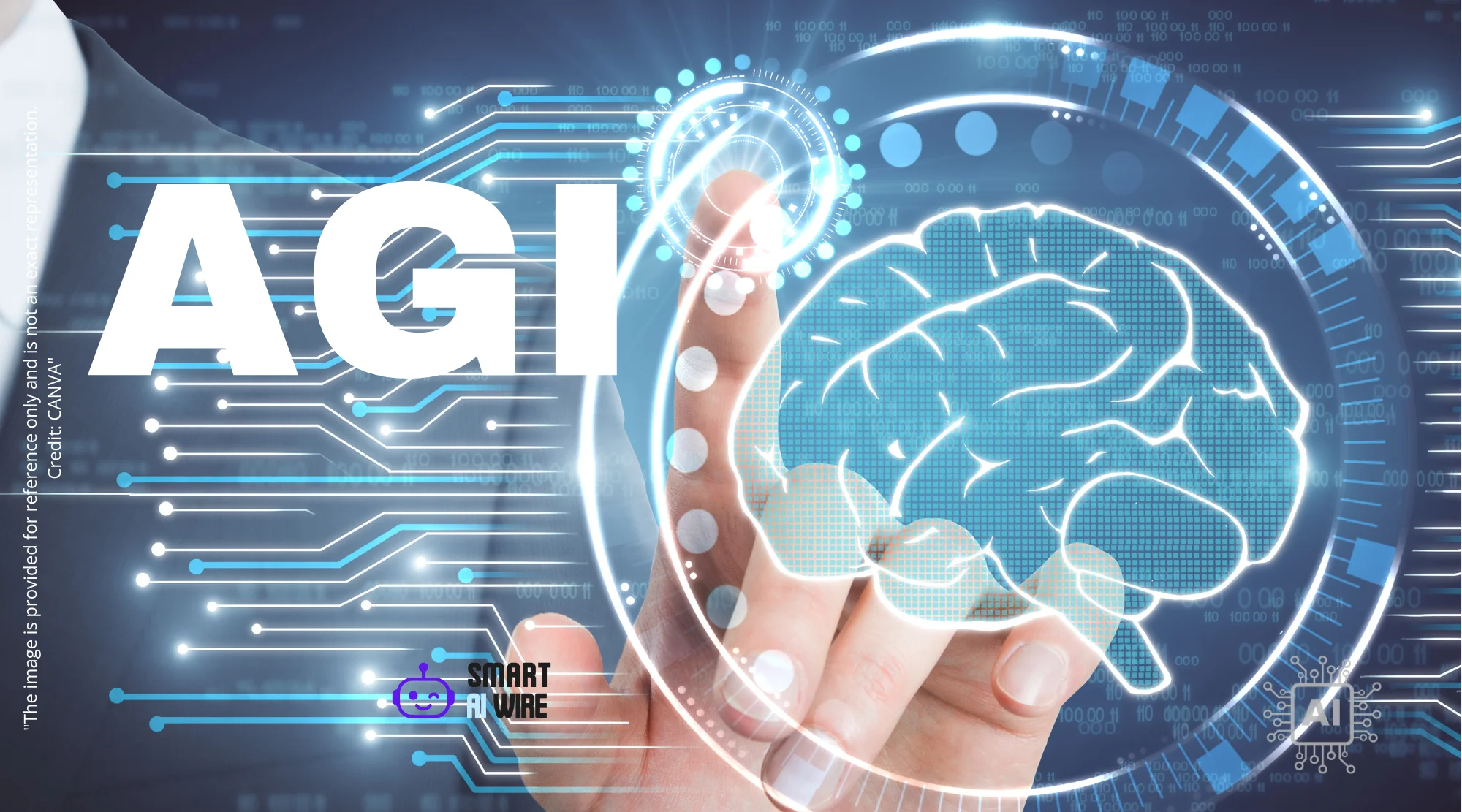AI and the Future of Work: Shorter Weeks or Sweeping Job Losses?
The transformative power of artificial intelligence is undeniable, but its impact on the human workforce remains a subject of intense debate. While some industry titans foresee a future where AI ushers in an era of unprecedented leisure with shorter workweeks, others warn of widespread job displacement. This dichotomy of opinion, fueled by the rapid advancements in AI capabilities, is reshaping how we envision our professional lives and the very definition of a “job.”
Leaders like Anthropic CEO Dario Amodei express grave concerns about an “armageddon” for white-collar jobs, envisioning AI as a force that could render many human roles obsolete. Conversely, figures such as Google DeepMind’s Demis Hassabis paint a more optimistic picture, predicting a “golden era” of abundance powered by AI. Amidst this spectrum of predictions, a growing sentiment among executives points towards a tangible shift: the possibility of significantly shorter workweeks, with some, like Zoom CEO Eric Yuan, even suggesting a future where employees might only need to be in the office a few days a week. This potential for reduced working hours, driven by AI automation, offers a tantalizing prospect for those feeling the strain of modern corporate culture.
The Allure of the Shorter Workweek: A Glimpse into Abundance
The idea of a four-day workweek is no longer a fringe concept; it’s a growing trend being explored globally. Americans, often immersed in a demanding “hustle culture,” are looking enviously at European counterparts who have successfully trialed shorter work schedules. The benefits extend beyond employee well-being. A pilot program by U.S. performance coaching company Exos, which experimented with reduced working days, reported a halving of employee burnout and a remarkable 24% surge in productivity. This suggests that AI-driven automation could not only free up employee time but also enhance business outcomes.
Zoom CEO Eric Yuan articulates this vision with optimism. He posits that if AI can genuinely improve our lives, the necessity of a five-day workweek becomes questionable. “Every company will support three days, four days a week,” Yuan stated in a recent interview with The New York Times. “I think this ultimately frees up everyone’s time.” This sentiment is echoed by other prominent tech and business leaders, including Bill Gates, Jensen Huang, and Jamie Dimon, who also anticipate a future with fewer working days.

The potential for AI to streamline and automate tasks is immense. From handling mundane email correspondence to assisting with complex coding, AI tools are proving their utility. This firsthand experience with AI’s efficiency is prompting tech leaders to champion the idea that employees may soon be liberated from the traditional five-day grind.
Visionaries Foresee a New Work Paradigm
Microsoft co-founder Bill Gates, a pioneer in the technological advancements of the past decades, has predicted that the current pace of AI innovation could diminish the need for human involvement in “most things” within the next ten years. This suggests that for those whose roles remain, the demand for daily presence might significantly decrease. Gates mused on “The Tonight Show” with Jimmy Fallon about a future where people might only work two or three days a week, questioning the sole purpose of life being tied to employment.
Nvidia CEO Jensen Huang also aligns with the prospect of a shorter workweek, albeit with a nuance. He emphasizes that we are “at the beginning of the AI revolution” and that the rapid adoption of AI could indeed lead to a four-day workweek. However, Huang also cautions that this condensed schedule might mean employees become even “busier in the future than now,” suggesting that the nature of work itself will evolve, demanding higher levels of focus and efficiency within shorter timeframes. This could lead to more specialized roles and a greater emphasis on strategic thinking over routine tasks.
Even the finance industry, historically known for its demanding work hours, might find relief through AI automation. JPMorgan Chase CEO Jamie Dimon, a long-time observer of technological trends, has predicted that AI could foster better work-life balance, even while acknowledging that some jobs will inevitably be replaced. Dimon’s vision extends to a future where people live longer, healthier lives thanks to technology, potentially working fewer hours. In a 2023 interview with Bloomberg TV, he projected that future generations might work only “3 and a half days a week.” This indicates a potential societal shift where technological progress is directly linked to improved quality of life.

The Unavoidable Reality: Job Displacement Amidst Automation
While the vision of a shorter workweek is appealing, it’s impossible to ignore the concurrent reality of job displacement. The widespread integration of AI is undeniably set to reshape the labor market. Zoom CEO Eric Yuan, despite his optimistic outlook on reduced working hours, openly acknowledges that some human roles will be automated and consequently eliminated. He frames this as a natural progression, akin to the disruptions caused by the Industrial Revolution and the advent of the internet.
“Whenever there’s a technology paradigm shift, some job opportunities are gone, but it will create some new opportunities,” Yuan explained. He offered an example: while AI can write code, a task that might have been performed by entry-level engineers, the need to manage that code and oversee the digital agents created by AI will persist. This highlights a shift in skill requirements, moving from execution to supervision and strategic oversight. The future workforce will likely need individuals who can effectively collaborate with AI systems.
Other CEOs, such as Ford CEO Jim Farley and Klarna leader Sebastian Siemiatkowski, share the view that certain roles will be phased out. However, some, like Jensen Huang, propose that AI might not lead to a net decrease in employment. Huang argues that instead of humans being directly replaced, their roles will be taken over by those who possess the skills to leverage advanced AI technologies. His perspective is rooted in historical trends where technological advancement, rather than eliminating jobs, has often spurred economic growth and created new employment avenues.
“Over the course of the last 300 years, 100 years, 60 years, even, in the era of computers, not only did productivity go up, employment also went up,” Huang told CNN. He believes that by increasing productivity through AI, humanity can unlock more possibilities and better realize its potential, leading to the creation of new industries and job categories. This optimistic view suggests a symbiotic relationship between AI and human employment, where AI acts as a tool to amplify human capabilities, leading to greater innovation and economic prosperity.
Adapting to the AI Era: New Skills for Evolving Roles
The transition to an AI-integrated workforce will necessitate a significant re-evaluation of skills and education. As AI takes on more routine and data-intensive tasks, human workers will need to focus on areas where they possess a distinct advantage: creativity, critical thinking, emotional intelligence, and complex problem-solving. The ability to work alongside AI, to guide its outputs, and to interpret its findings will become paramount. This shift may mean that traditional educational pathways need to adapt to prepare individuals for these new demands.
The prospect of AI-driven productivity gains is already influencing business strategies. Companies are exploring how AI can optimize operations, enhance customer experiences, and drive innovation. This can be seen in areas like AI in healthcare, where predictive tools are revolutionizing supply chains for unprecedented resilience, or in product management, where AI tools are boosting productivity and strategy.
Furthermore, the burgeoning field of AI itself presents new career opportunities. As highlighted in articles on AI Jobs Pay 28% More: Unlock Higher Salaries with These In-Demand Skills, the demand for AI specialists, data scientists, and AI ethics professionals is rapidly growing, often commanding higher salaries. Understanding the fundamental concepts behind AI, such as Tokens and Embeddings Explained: The Core of AI Language Understanding, will be crucial for many professionals.
The evolving landscape also raises important ethical considerations. As AI becomes more sophisticated, ensuring its responsible development and deployment is critical. Discussions around AI Hallucinations: OpenAI Reveals Training Flaw & Potential Fix and the safety of AI companions for children, as explored in FTC Probes OpenAI, Meta Over AI Companion Safety for Kids, underscore the need for careful regulation and ongoing dialogue.
The Road Ahead: A Flexible and Human-Centric Future?
The predictions from business leaders about AI and the future of work are varied, but a common thread emerges: significant change is on the horizon. Whether this change manifests as a more abundant, leisure-filled existence with shorter workweeks or a more challenging period of job transition, the role of AI will be central. The key to navigating this transformation will lie in adaptability, continuous learning, and a focus on uniquely human skills.
Companies exploring the frontiers of AI are already seeing its impact. For instance, Google AI Studio: 2D Photos to Stunning 3D Models w/ Prompts and Google’s Gemini AI Image Editor Transforms Photos into 3D Models showcase AI’s creative potential. ByteDance Seedream 4.0: The Next-Gen AI Image Generator Challenging Giants further illustrates the rapid pace of innovation.
Ultimately, the question of whether AI leads to shorter workweeks or widespread job losses depends on a complex interplay of technological advancement, societal choices, and policy decisions. As AI continues its trajectory, embracing a proactive approach to skill development and fostering a flexible, human-centric approach to work will be essential for harnessing its benefits while mitigating its risks. The ongoing AI Revolution: Understanding Artificial Intelligence’s Transformative Impact Today and explorations like AI in Healthcare: The Indispensable Medical Ally of the Future demonstrate the far-reaching implications. The future of work is not a predetermined outcome but a landscape we are actively shaping.




2 thoughts on “AI and the Future of Work: Shorter Weeks or Sweeping Job Losses?”